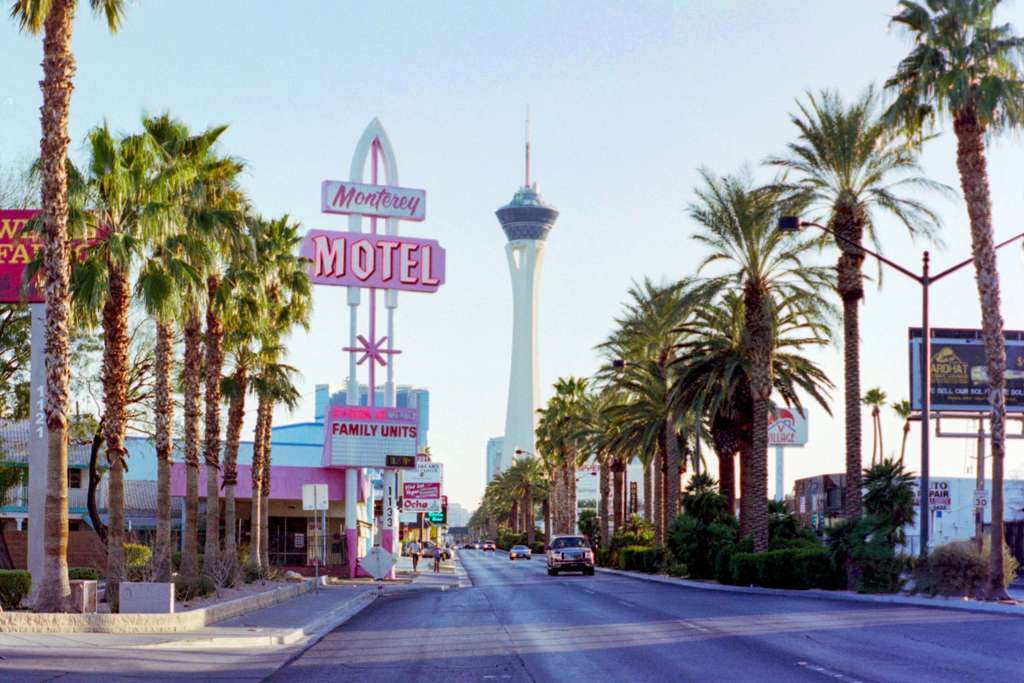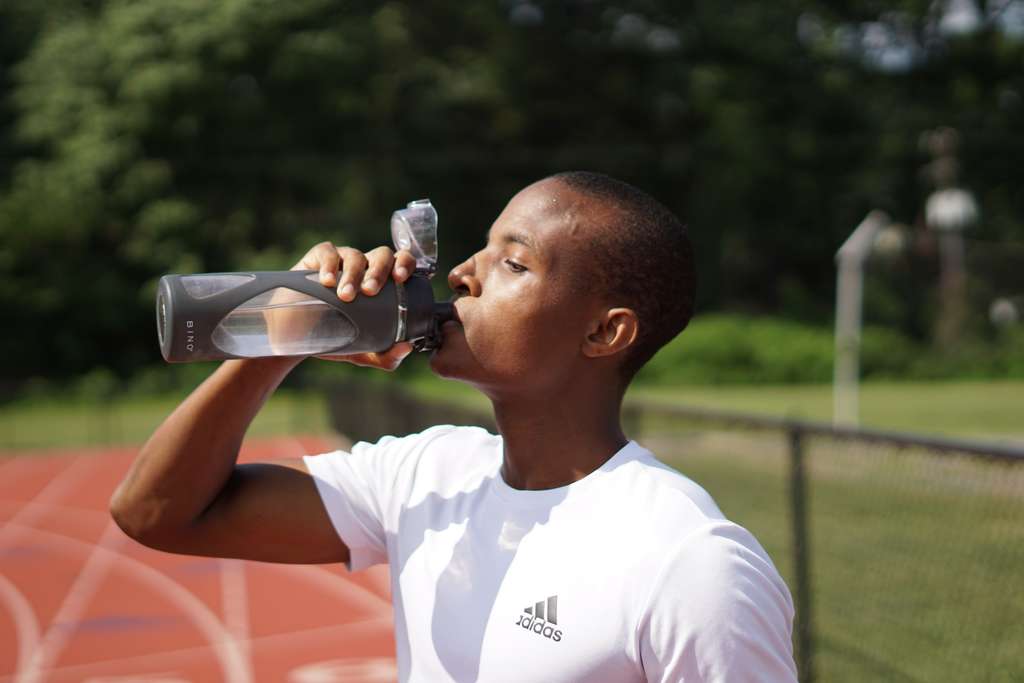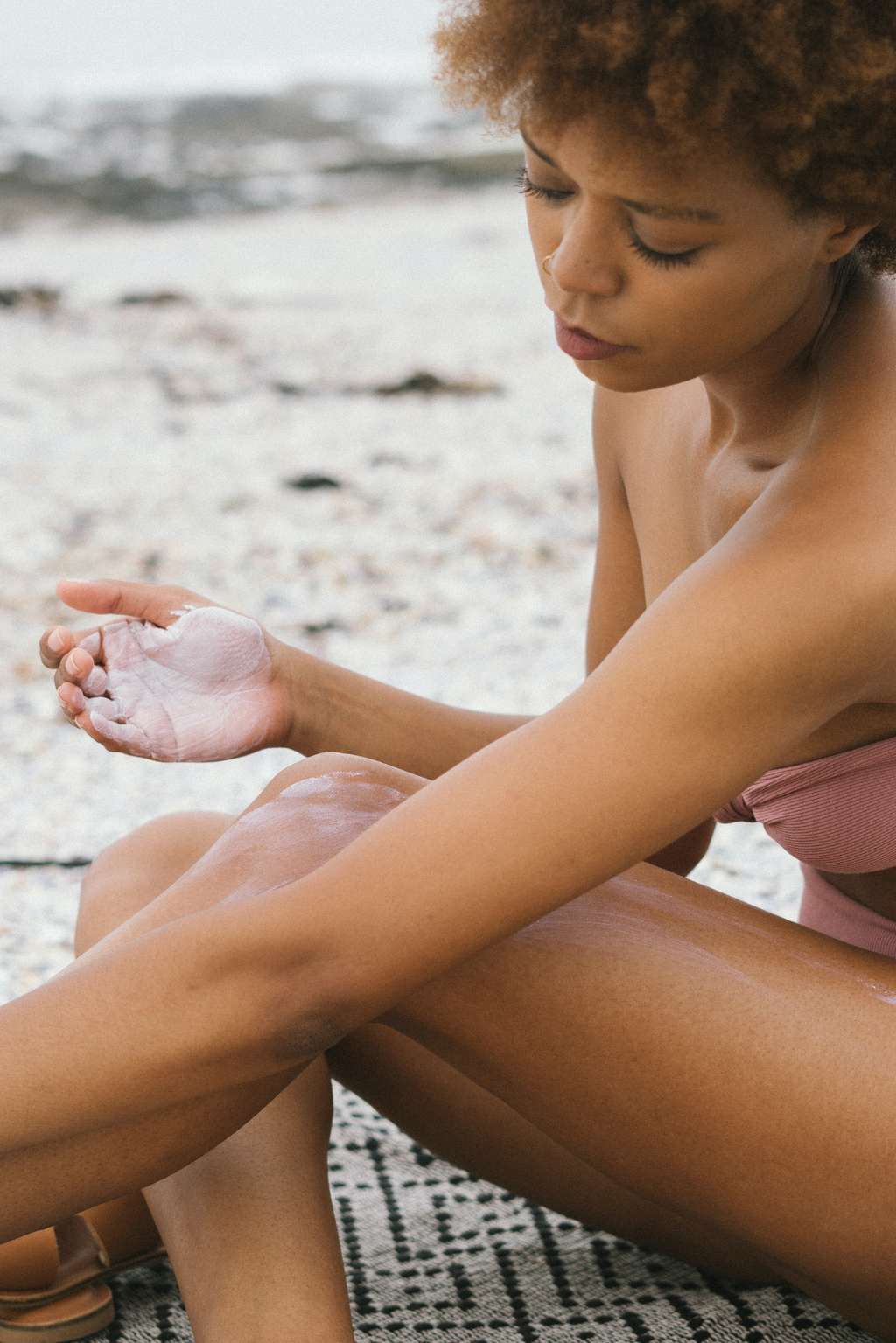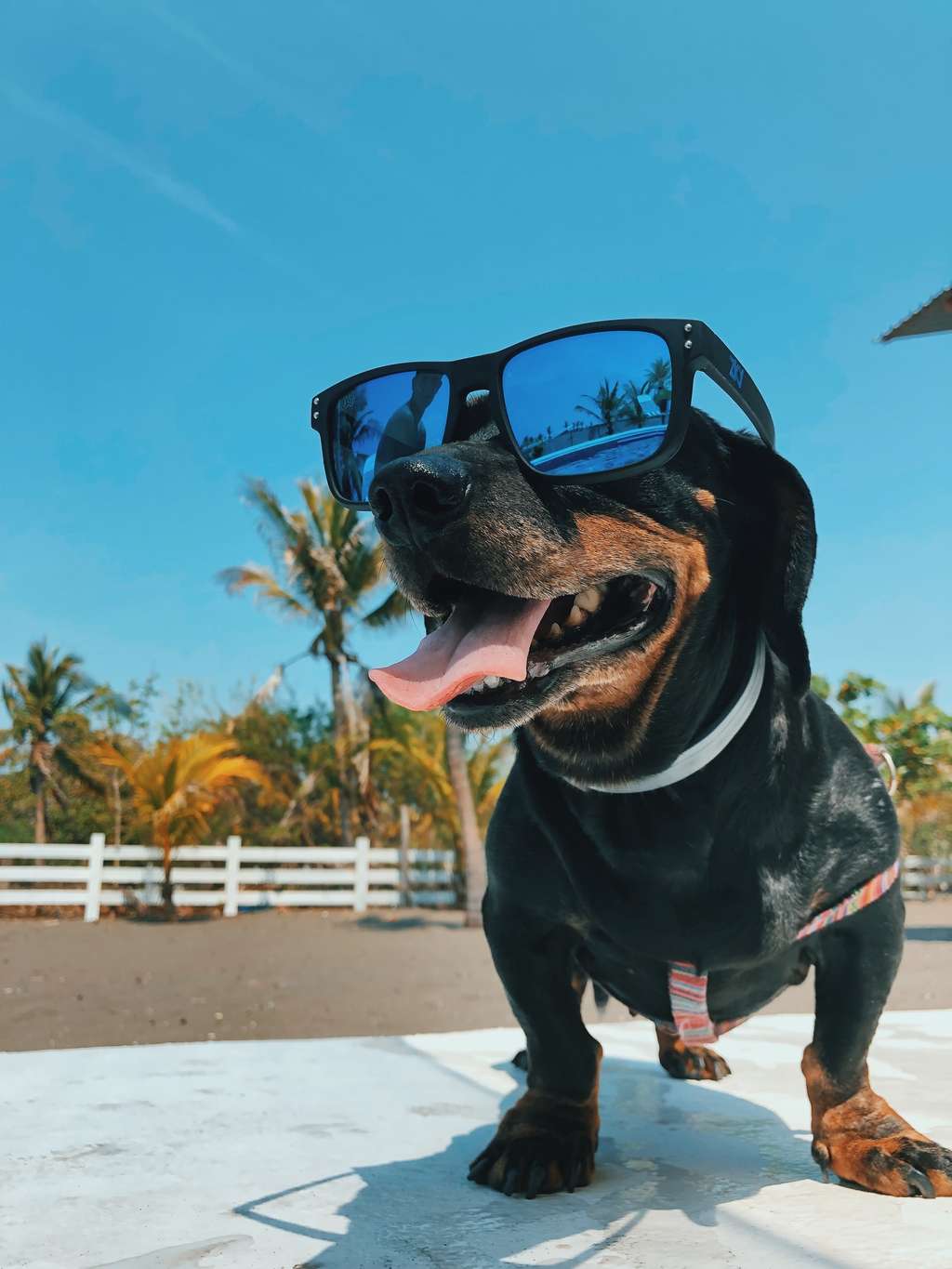Very friendly and super helpful with any questions I had. Very clean and calm atmosphere, all the staff were kind.
Read More
7 Summer Health Tips for Las Vegas Residents
Posted: May 26th, 2022 at 12:00AM

With the trees in full bloom, temperatures regularly approaching 100 degrees, and butterflies aflutter, it's time to break out the sunscreen and water bottles because summer is here. A change of season also entails some changes in your routine and lifestyle, and that includes how you take care of your body and wellness.
As the weather starts to heat up, it's important to be proactive about your health and take the necessary precautions to avoid heat-related issues. Heat-related diseases can vary from benign to severe and, in some cases, can even be deadly. In places like Las Vegas, one of the hottest cities in the country, it's imperative to be aware of the dangers of extreme heat and how to avoid them.
Here are seven summer health tips to help anyone living in Las Vegas stay safe during this dry and toasty season.
7 Summer Health Tips for Surviving Las Vegas
1. Drink Plenty of Fluids, Especially Water
Dehydration is a severe problem in hot weather, and it can induce a whole host of health problems, including heat exhaustion and heatstroke. Extreme heat alone kills about 700 people every year in the United States, and many of those deaths are preventable with proper hydration. Make sure you're drinking enough fluids throughout the day, especially water, to replace what you're losing through sweat.

If you're going to be outside for an extended period of time, avoid alcoholic and caffeinated beverages, as they can contribute to dehydration. Stick to water or fruit juices, and make sure to bring a water bottle with you when you go outside. Drink even if you think you're not thirsty because you might already be dehydrated by the time you feel thirsty. This is especially the case if you're playing any sports.
A good way to determine if you're properly hydrated is to check the color of your urine. The more clear it is, the better!
2. Dress for the Heat
Wearing light, loose-fitting clothing will help your body regulate its temperature and prevent overheating. Tight, synthetic fabrics will trap heat and sweat against your skin, which can lead to irritation and rashes. If possible, avoid dark colors, as they absorb heat more readily. Instead, opt for light-colored clothing made from natural fabrics like cotton, which will help your skin breathe and keep you cool. Linen, rayon, polyester, and nylon are also good choices.
If you have to be out in the sun, wear a hat or headscarf to shield your head and face from the sun's harmful rays. The climbing temperatures can also cause eye damage, so don't forget to protect your peepers with sunglasses.
3. Stay Indoors or in the Shade
When possible, stay inside to avoid direct exposure to the sun's rays, especially at midday when the sun is the strongest. (Technically, the Almanac says the hottest part of the day is around 3:00 pm when the sun is the highest in the sky.) If you don't have access to air conditioning, use vents and fans and open windows to circulate the air indoors.
If you have to be out in the sun, take breaks in shady areas as often as you can. Parks and beaches usually have plenty of trees and umbrellas to provide some relief from the heat.
4. Always Wear Sunscreen
This one should be a no-brainer, but it's worth repeating: Always wear sunscreen, especially if you're going to be outdoors, even if it's not that sunny. Exposure to the sun's ultraviolet (UV) rays can result in skin damage, premature aging, and skin cancer, so it's important to protect yourself with sunscreen whenever you're in the sun for more than a few minutes.

Choose a sunscreen with an SPF of at least 30, and remember to reapply it every two hours or more if you're sweating or swimming. Be sure to apply sunscreen to all exposed areas of skin, including your face, neck, ears, and the top of your head (or wear a hat). The sun's rays can also penetrate through clouds and windows, so don't forget to apply sunscreen even when you have no plans of spending time outside or it's overcast.
Don't forget about your lips! They can get sunburned, too, so use a lip balm or lipstick with at least SPF 30.
When applying sunscreen, remember the two-finger rule. Put a line of sunscreen across your index and middle fingers, and that should be enough.
5. Be Careful with Strenuous Activity
If you're going to be exerting yourself in the heat, make sure to do it during the cooler hours of the day, such as early morning or evening. Avoid engaging in physical activities during the hottest part of the day, usually the afternoon hours. If you have to be active during the day, take frequent breaks in a cool, shady area to give your body a chance to recover.

If you start to feel overheated or lightheaded during exercising, stop immediately and go to a cool, shady area. Drink plenty of water and let yourself cool down until you feel better. Take it easy for the rest of the day, and don't exercise again until you're fully recovered.
Hot weather can also make existing medical conditions worse, so if you have a condition like diabetes, heart disease, or respiratory problems, be sure to check with your doctor before doing any strenuous activity in the heat.
6. Know the Signs of Heat-Related Illness
Heat exhaustion and heatstroke are two of the known types of heat-related illnesses. Heat exhaustion is characterized by symptoms like heavy sweating, headache, nausea, dizziness, and weakness. If left untreated, it can result in heatstroke, a more severe condition that can cause neurological deficits and even death. When a person goes through heatstroke, they typically experience headache, nausea, dizziness, confusion, loss of consciousness, and in severe cases, seizures or coma.
If you or someone you're with starts to experience these symptoms, it's essential to try to cool the person down with whatever means you have available, such as spraying them with cool water or placing them in a cool bath. Seek medical attention if symptoms persist or worsen.
7. Protect Your Pets
Pets can suffer from heat exhaustion and heatstroke just like humans, so it's important to take steps to keep them cool and hydrated during the summer months.

Never leave your pet unattended in a car, even for a few minutes. The temperature inside a vehicle can rise quickly — up to 172 degrees! — and dogs and cats are particularly sensitive to the heat since they can't sweat to cool themselves down.
When you're out walking your dog, avoid hot pavement and asphalt, which can burn their paws. If it's 95 degrees outside, the asphalt is closer to 149 degrees. Stick to grassy or shady areas instead.
And make sure to give your pet plenty of water to drink, especially if they're going to be spending time outside in the heat.
These are just a few summer health tips that will help you stay safe and healthy during the hot weather. Summer in Las Vegas can be tough, but with a little preparation and caution, you can make it through the season safe and healthy. Stay cool out there! And to maintain your general health and wellness, be sure to keep up on your preventative health appointments. e7 Health is here to help — book an appointment today.

I came to E7 health for a physical exam for employment. Staff was very professional, And I was in and out in thirty minutes
Read More
Staff was extremely friendly, I was able to walk in without an appointment.
Read More
Very friendly, informative, and well versed. Felt well taken care of by the doctor and all the staff. Fast, friendly, considerate, all staff met.
Read More
I was here for an employment physical. They are amazing! I was in and out in less than 10 mins.
Read More
J was super helpful. Very quick and easy.
Read More
Rachel was amazing and I was in and out so quick ! Ready to start my new job ! Thanks 🥰
Read More
J was awesome at talking me through my first time getting blood taken. The doctor that also did my physical was quick and very thorough when letting me know the next steps for getting the test results back :)
Read More
















